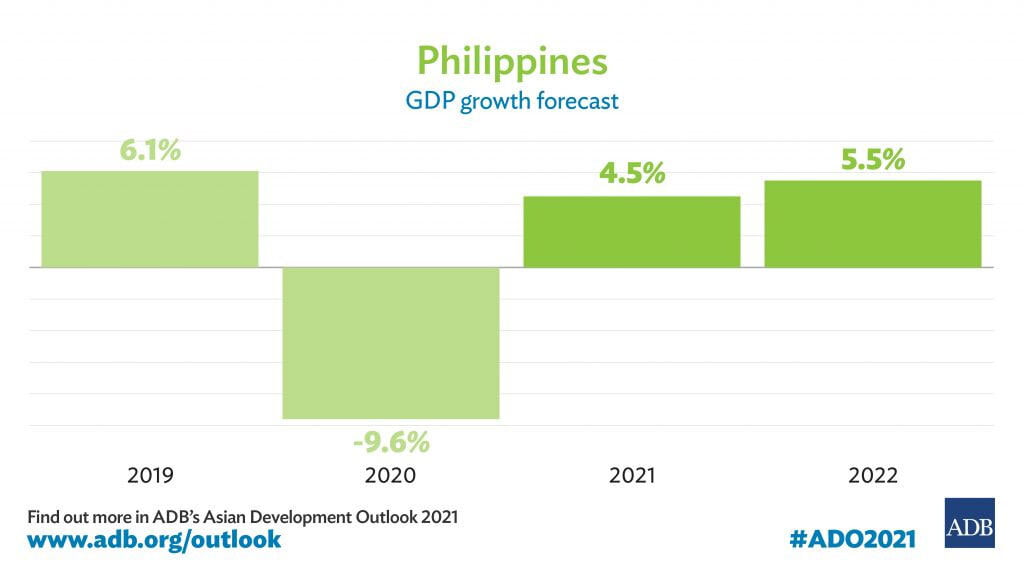What You Should Know About Starting a Successful Business
There are a few things you should know before you start working on a new business venture. Maybe you already know the answers to these questions, but it's important to think hard about these first.
You Should Really, Really Want It
Find Out How Far You're Prepared to Go
Figure Out Who Can Support You
First Steps to Start Your Business
First: Check If Your Business Idea Will Work
Second: Start Small, But Great
Third: Find Out Where Your Customers Are
Location is important.
If you're planning for a brick-and-mortar store for your business, finding the right location with good foot traffic isn't the only consideration. Take a look at the kind of people in the area where you want to put up your place of business. You don't want to start a restaurant in an area where people are primarily vegetarian, for example. If you need to, maybe you can research into how you can make "vegetarian" work well as a concept and menu item.
Consider something purely online for a start. With the current status of the world, everyone is going online to do everything, from the groceries they get to the services they need. An online business can help you avoid high rental costs, though there are fees involved for having your own website or shopfront. But you can keep costs down when you start by starting a Facebook Page and m and Marketplace. You can think about scaling up your business to other online channels (or offline) when you are ready.
Fourth: Start Your Business Plan
- What is the purpose of your business?
- Who are you selling to?
- How would you like your business to look like 3-5 years from now?
- Where will you get the money you need to start your business?
- What should the first few months of your new business look like?
- What does failure look like for the business? Outline your plans on what to do when you need to exit your business.
Fifth: Register your Business
- The Department of Trade and Industry (DTI), to register your type of business ownership (between Single Proprietor, Partnership, or Corporation)
- Your Barangay Hall for your Barangay Clearance, depending on your place of business
- City Hall for your Mayor's Permit, depending on your place of business
- Bureau of Internal Revenue for tax filing
- Social Security System (SSS) for your employees (and you!)
Sixth: Carefully Execute Your Plans
Seventh: Review How Your Business is Doing
When to Start Expanding Your Small Business
- What does the day-to-day operations of your business look like? If you have a streamlined process already set in place, it might be a great time to expand. If you're still figuring out how to make your business more efficient, adding another product or service can be more challenging than it needs to be.
- Are your customers asking for new services or products? Maybe a particular service keeps coming up with conversations with your clients. Maybe you're seeing customers pairing your products with others. This can clue you in that you customers might be ready to see new products or services coming from you.
- You're getting too many orders to handle. Maybe you're turning down customers because you don't have time to service them. Perhaps some customers are leaving because they've waited too long in your shop or for an email from you. When that happens, it's time to get some outside help. While taking on freelancers and contractual work is one way to solve this problem, you should also consider taking on more full-time employees. You can also look into using websites and services that can automate your workload. These can be customer relationship management systems, Messenger and website chatbots, automated social media management tools, and the like.
Final Thoughts
- Invest as much time, effort and money into your business as you can afford. Don't go overboard!
- Don't be afraid to take risks; they may pay off big! But know when to back away.
- Surround yourself with people who will support you both personally and professionally.
- Be patient: don't be disheartened if you're not seeing record sales immediately.
- Don't be afraid to accept help from other people or use applications and websites to help you manage your business.





